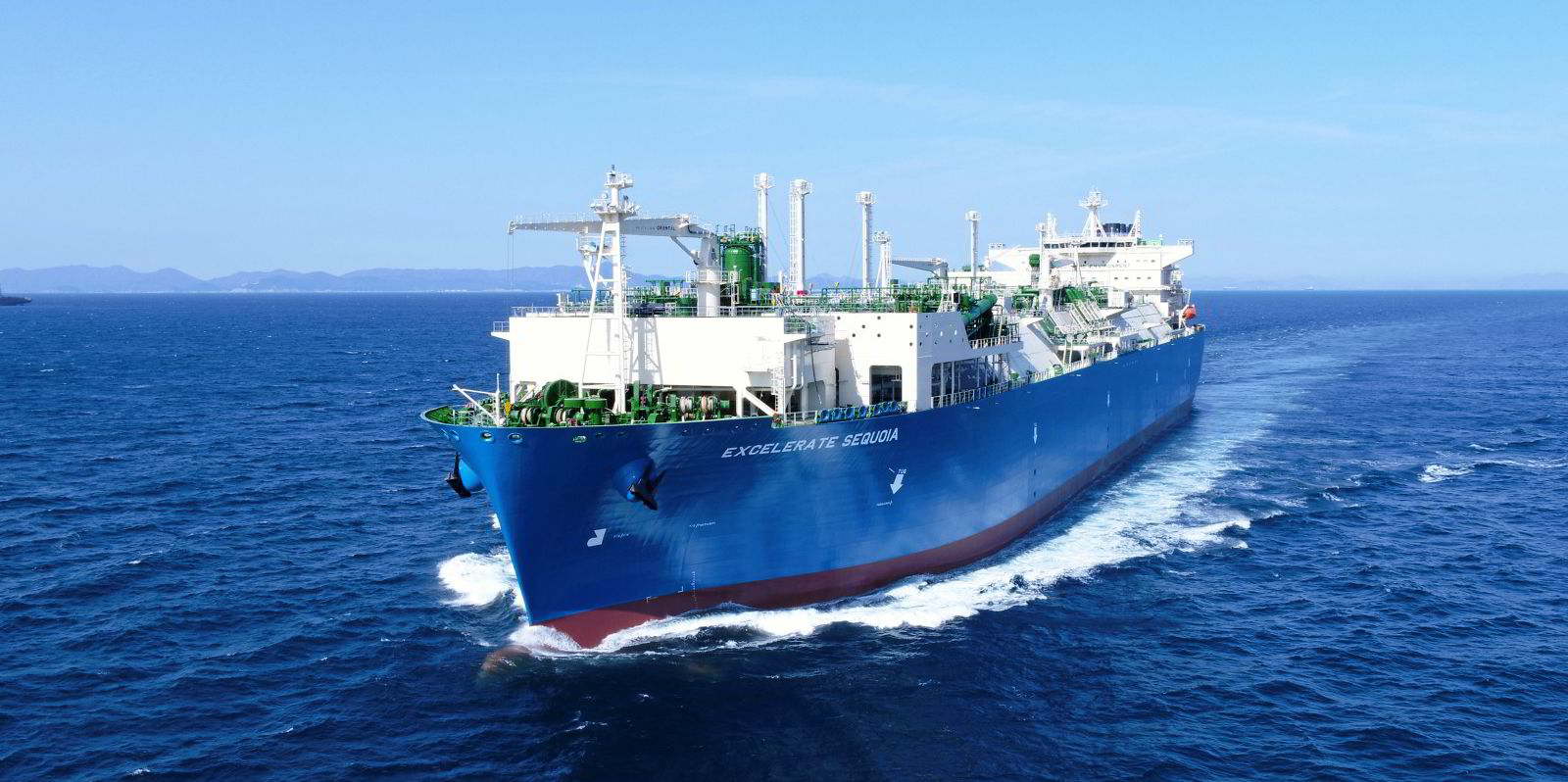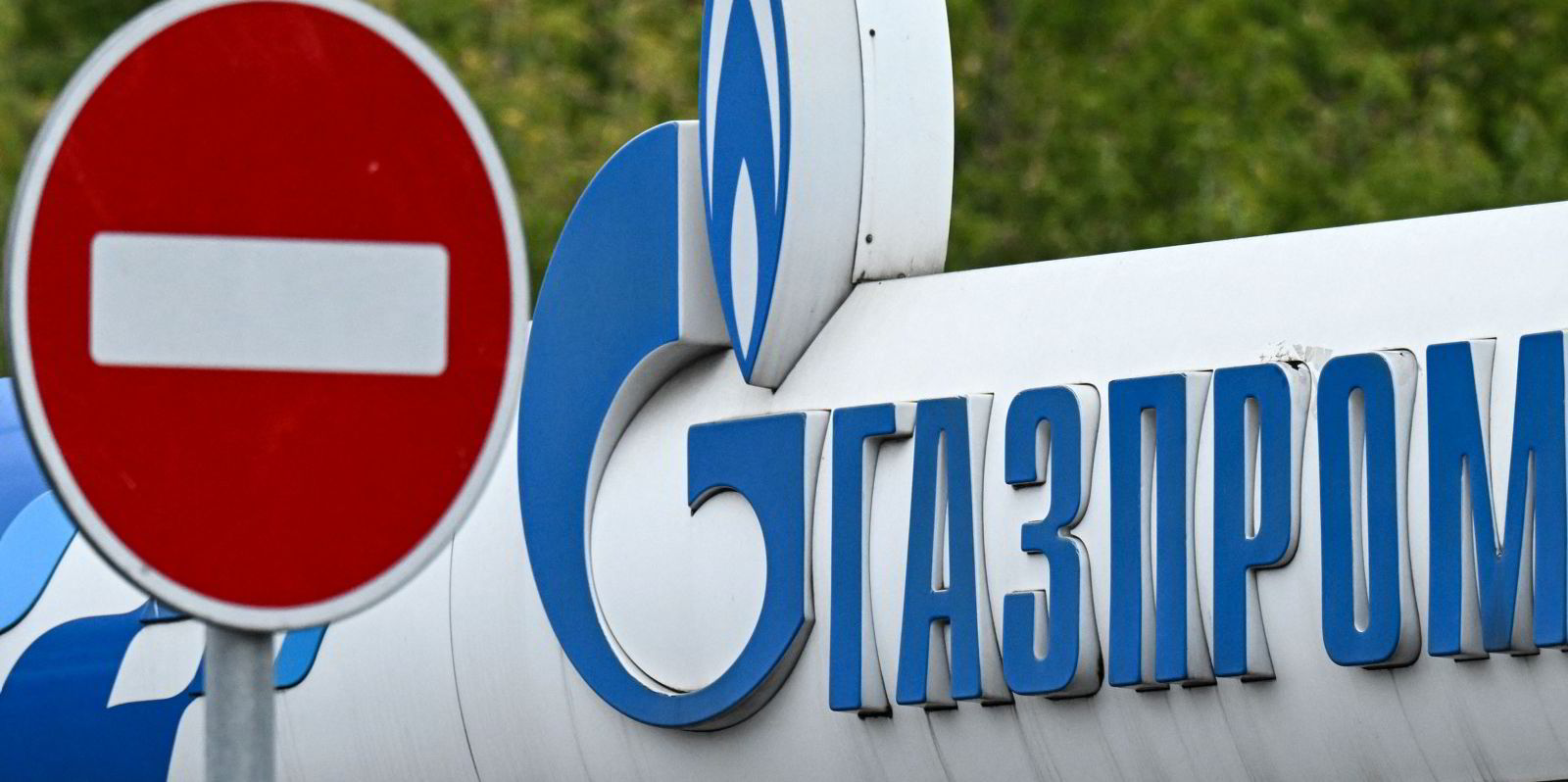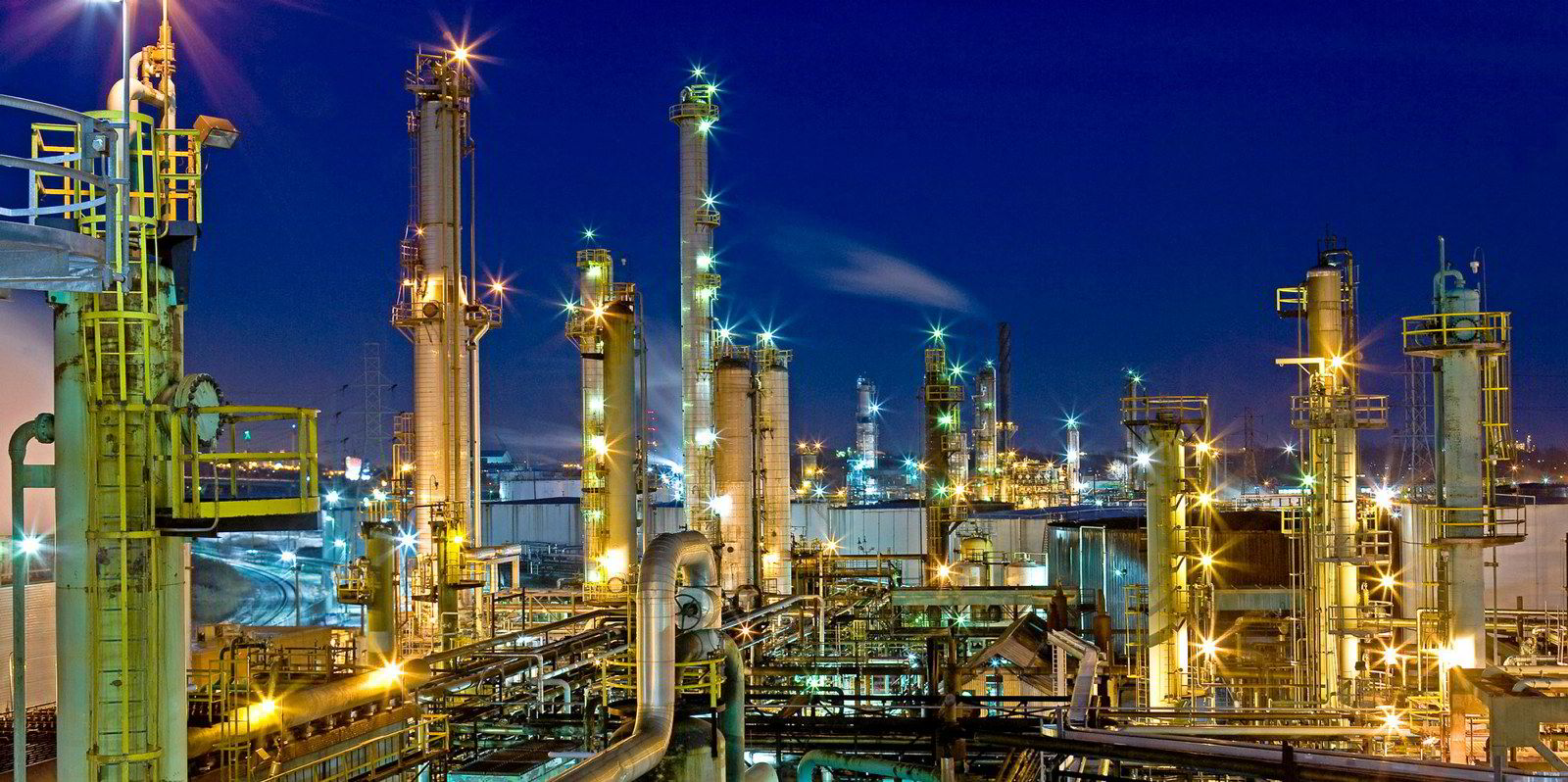Russia’s Gazprom said it will not reopen a key natural gas pipeline to the European Union as planned on Saturday, delivering a blow to the continent’s energy supply amid soaring LNG prices.
The move came as the Baltic Exchange’s LNG index, a measure of spot market strength in the sector, reached its highest level since December’s market spike.
After reports that the Nord Stream 1 pipeline would reopen on Saturday after maintenance led to a halt on Wednesday, Gazprom said that the restart would not happen.
In explaining the continued closure, the Russian energy giant said on Twitter that a leak of oil was detected at a gas compressor unit that pumps gas into the pipeline.
The company said that government officials at the Federal Service for Environmental, Technological and Nuclear Supervision, or Ristekhnadzor, decided that the problems “make it impossible to ensure the safe and trouble-free operation of the gas turbine engine”.
Gazprom, which is majority owned by the Russian government, provided no indication about when the pipeline would reopen.
“Gas transmission via the Nord Stream gas pipeline has been fully shut down until the operational defects in the equipment are eliminated,” the company said.
Typically, Nord Stream 1 provides 35% of Russia’s gas exports to Europe but has been a source of wrangling between Moscow and the EU over the conflict in Ukraine. At the time of its closure, the pipeline was already operating at just 20% capacity, and Gazprom cut off French energy company Engie starting Thursday overpayments.
EU needs energy
Europe has been buying up LNG as a replacement for Russian volumes, in addition to turning floating storage and regasification units (FSRUs) to boost its import capacity.
Before Gazprom’s announcement, It had already been a strong week for LNG carrier spot rates.

The Baltic LNG Index, a composite of three key routes, soared to 9,985 points on Friday, a 19% jump compared to the last reading a week earlier. It was the highest level since 19 December.
The biggest gains, however, were on the Baltic’s BLNG1 route from Australia to Japan, where a round voyage jumped $26,600 in a week to $84,700 per day.
Rates for a voyage from the US Gulf Coast to Europe, known as the BLNG2, rose about $10,300 in the week to $82,182 per day.
Friday saw shares of LNG shipping shares moved higher in New York stock markets on a day in which the broader shares universe headed downward.
Excelerate Energy, whose regasification vessels have benefited from Europe’s move toward LNG for energy security, was the day’s top shipping stock on US exchanges, rising 8% to close at $27.30 on the New York Stock Exchange. The move added $53m in market capitalisation so far in the day.
Shares in GasLog Partners gained 4.3%, while Golar LNG jumped 4.2% during the day, even as the Dow Jones Industrial Average lost 1.1% on Friday.




